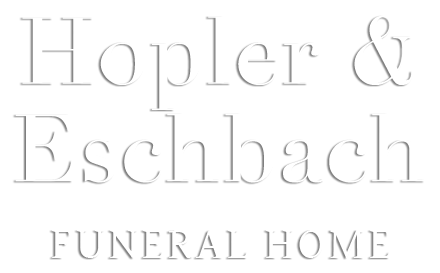Handling a Tragic Death


Before and after funerals at funeral homes, the death of a loved one who died in a tragic or sudden accident can be very difficult for both family and close friends. Additionally, if a family member or close friend was in the accident that cause the death and they survived, survivor’s guilt can compound the emotional trauma surrounding the death.
Comforting a grieving family and close friends of the deceased after a tragic death requires that we be sensitive to the situation and the emotions that surround it. Tragic deaths are unexpected. They include deaths from things like car accidents, motorcycle accidents, ATV accidents, falls, fires, and drownings.
Tragic deaths don’t make sense. Many of the questions that families and close friends of the person who died seek to find answers to why their loved one was where they were when the accident occurred and why their loved one died and not someone else. For people who were in the accident or saw the accident and survived, their questions can be agonizing: “why them and not me?,” “why didn’t I or couldn’t I prevent the accident and/or save them?,” and “is it my fault they died?”
This kind of emotional turmoil can be very difficult to witness and very difficult to know how to comfort, but a few guidelines can help us to provide the support the bereaved family and close friends need.
There are definitely things we shouldn’t say:
- “They were born to be wild, so it’s no surprise this happened.”
- “Why wasn’t someone watching them?”
- “Were they wearing their seatbelts?”
- “Are you going to press charges against the other driver?”
- “Did you have life jackets on the boat?”
- “I told you that you needed a fence around the pool.”
- “You’re lucky you survived.”
As insensitive as all of these statements or questions sound and as inappropriate as they truly are under any circumstances, there are people who will say them after a tragic death.
No matter whether the deceased died in a car accident or from an accident at work, tragic deaths take everyone by surprise. Because of this, we can find ourselves immediately thinking different things all at once. The key is to stay quiet, take a deep breath, and step back to purposely think about what will be helpful and comforting to the family and close friends who have lost someone they love.
Here are some suggestions for offering sympathy and support without trying to find reasons why the accident happened (which is at the heart of the insensitive comments listed above):
- “I am so sorry. This is such a tragedy. I can’t truly express how sorry I am this happened and that you are going through this.”
- “I share in your grief and I am keeping you all in my prayers.”
- “Please accept my deepest sympathies on your loss. I truly can’t imagine what you are going through.”
If you aren’t comfortable talking with the family and close friends of the deceased directly, then send them a sympathy card expressing your condolences. Consider, as well, dropping food off for meals while they are making funeral arrangements, since preparing and eating food will be the last thing on their minds. If there are household chores or lawn care projects they need done, then take it upon yourself to take care of things. It’s true that actions can speak louder than words.
If you need guidance on handling tragic deaths at funerals at funeral homes, our empathetic and knowledgeable staff at Hopler & Eschbach Funeral Home can assist you. You can stop by our funeral home at 483 Chenango St., Binghamton, NY 13901, or you can contact us today at (607) 722-4023.



